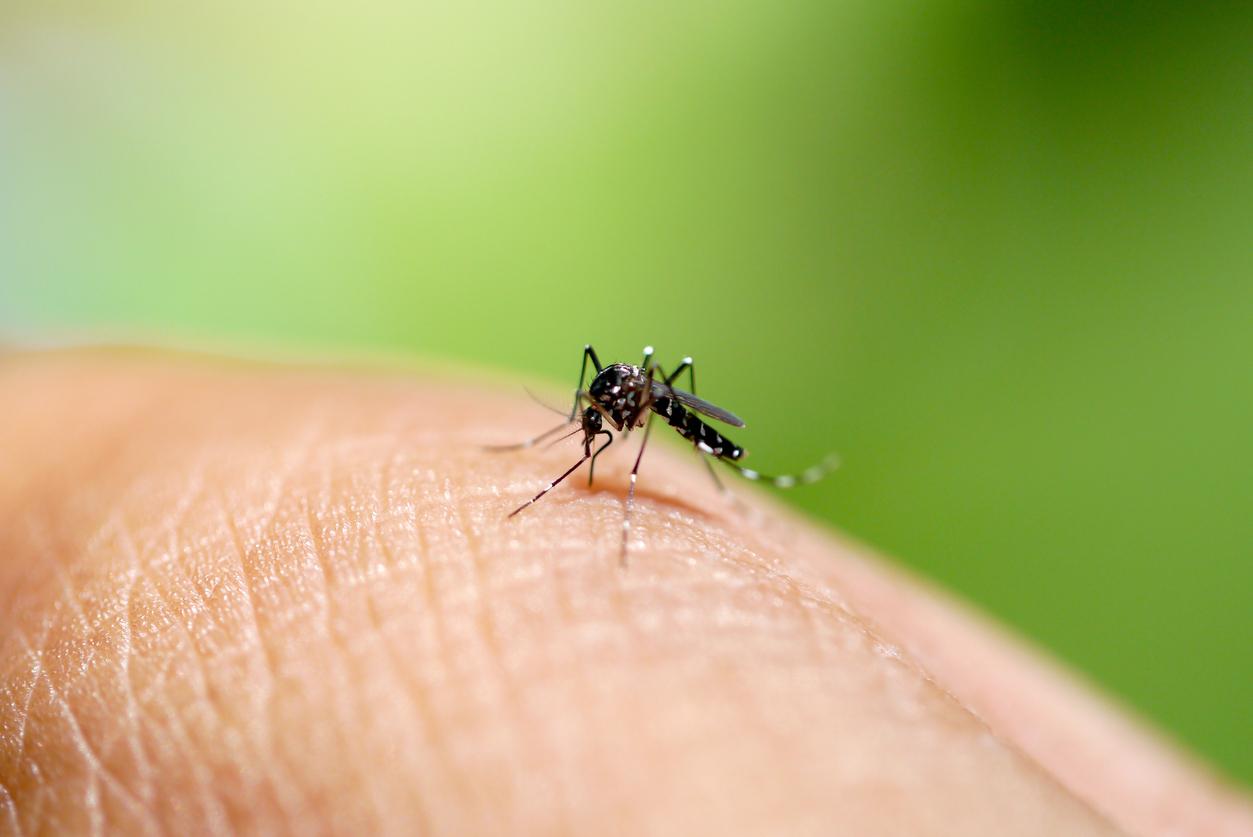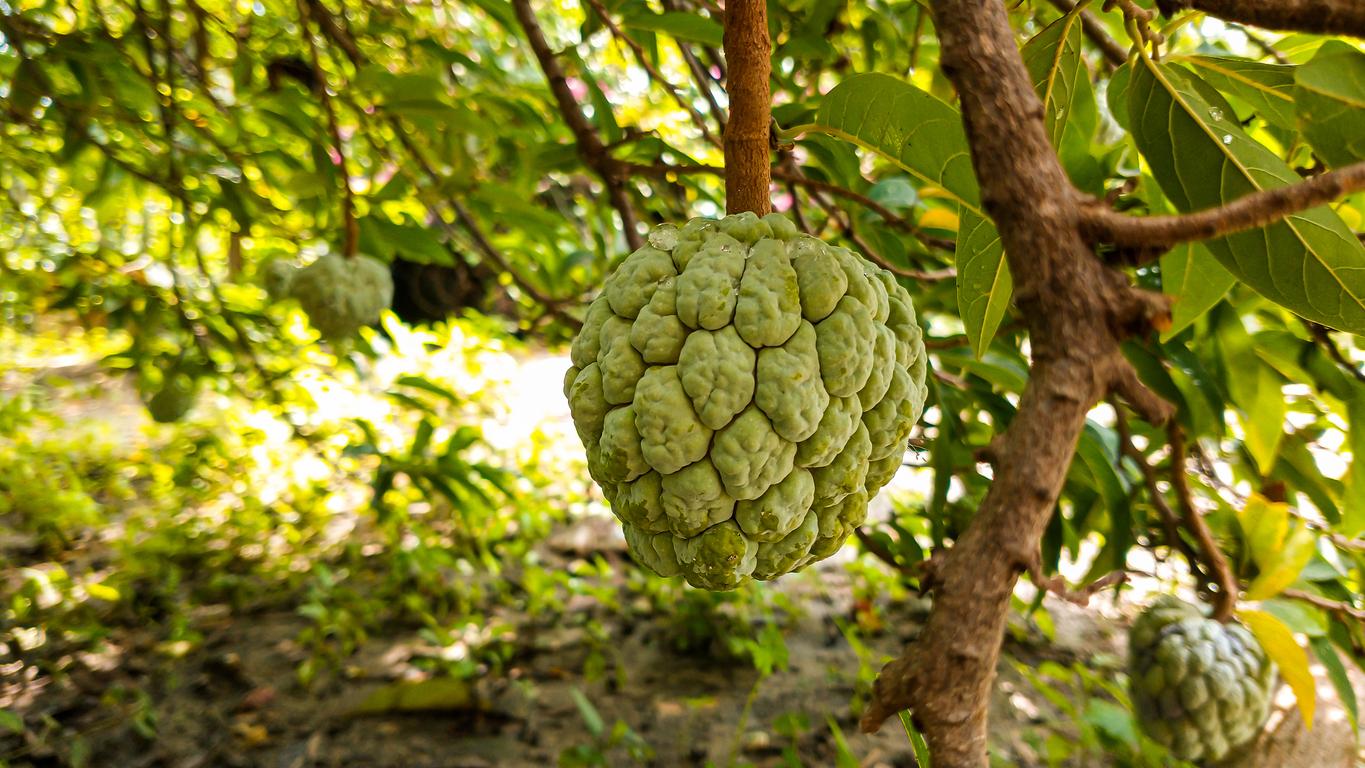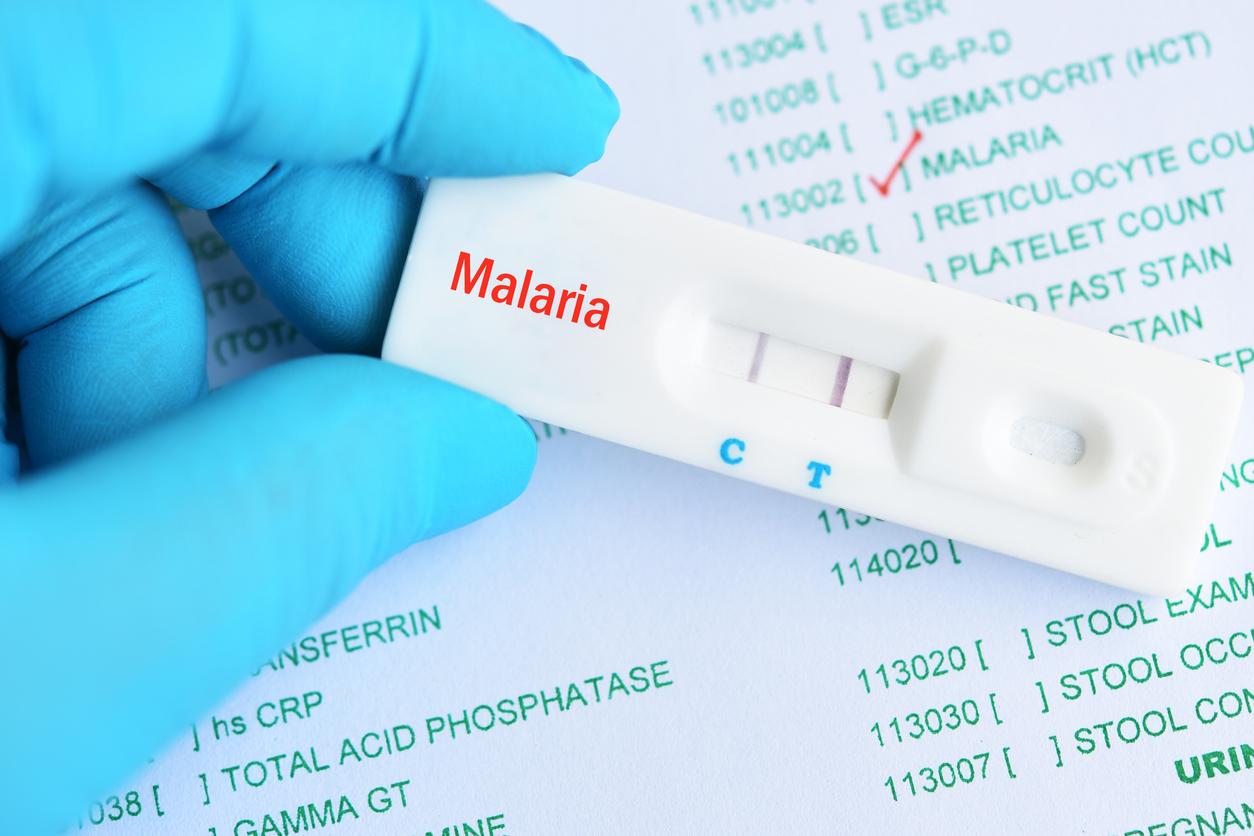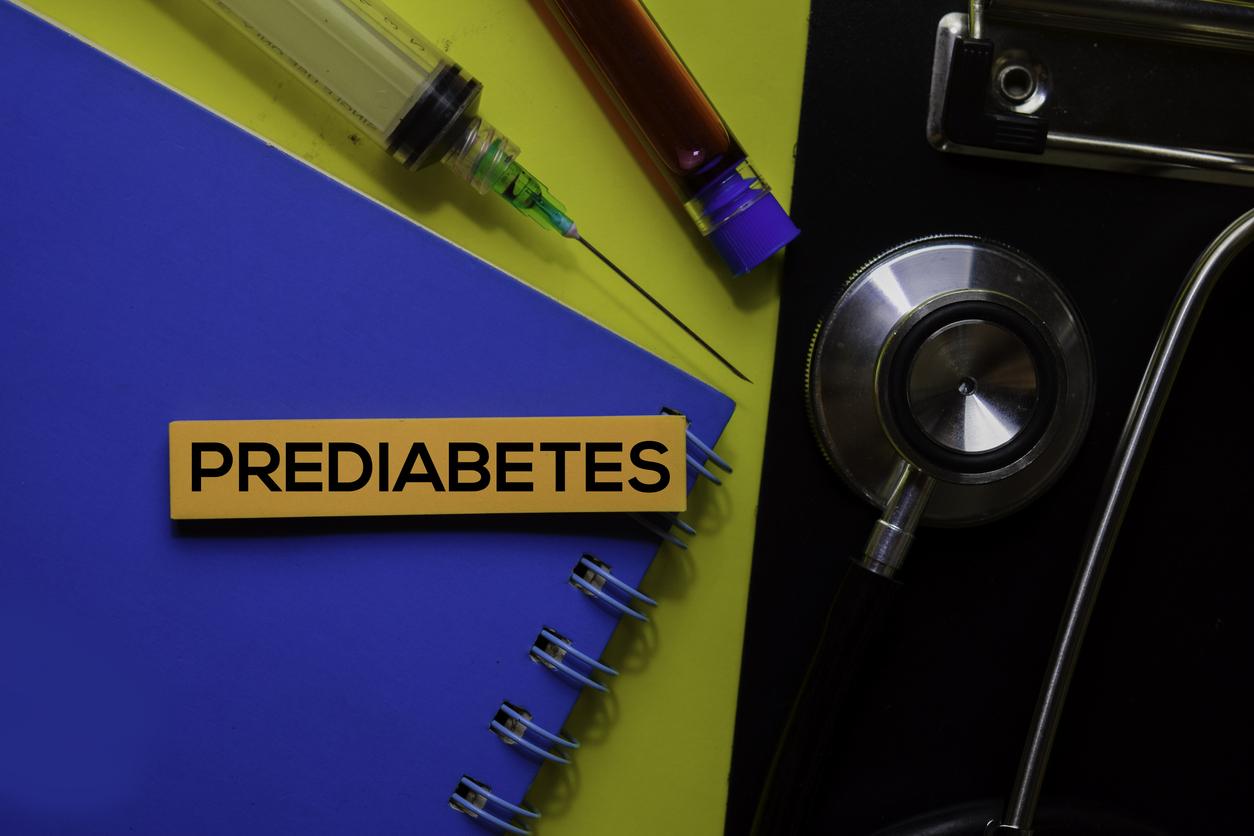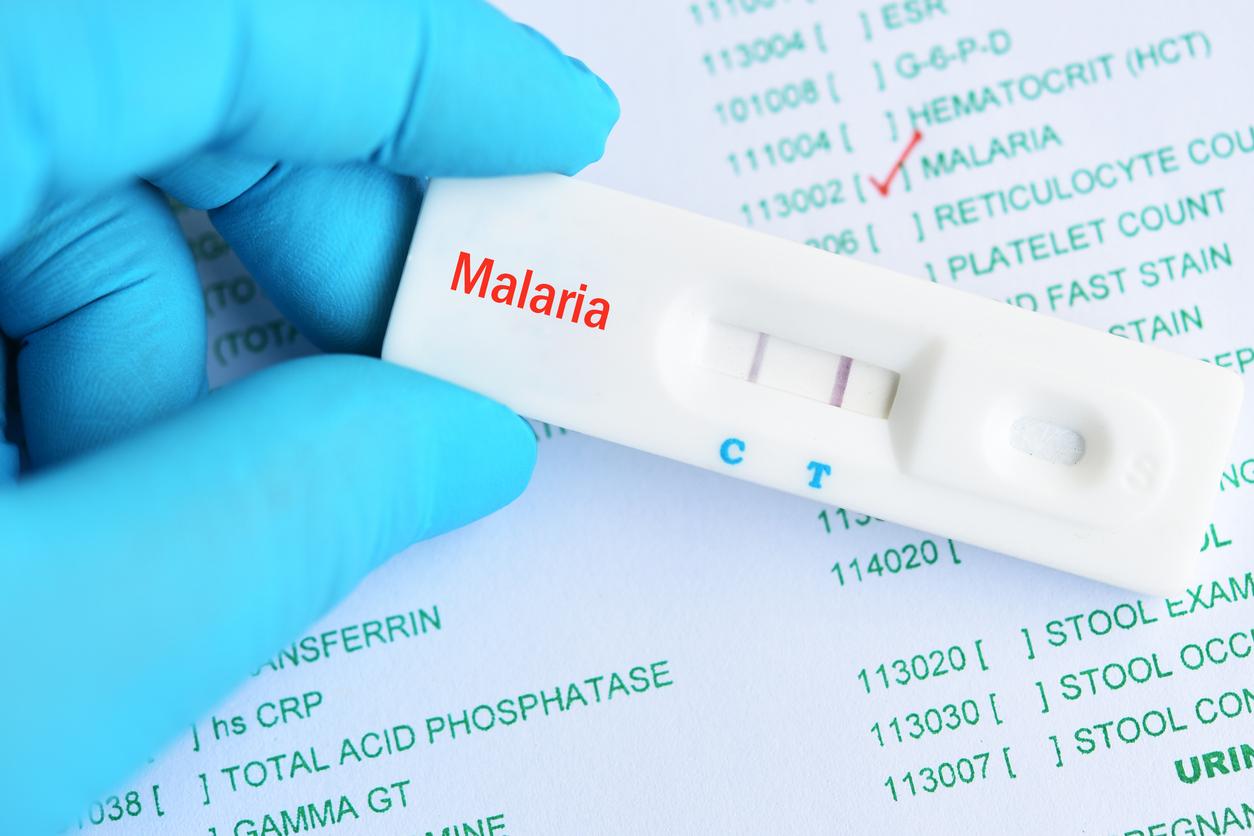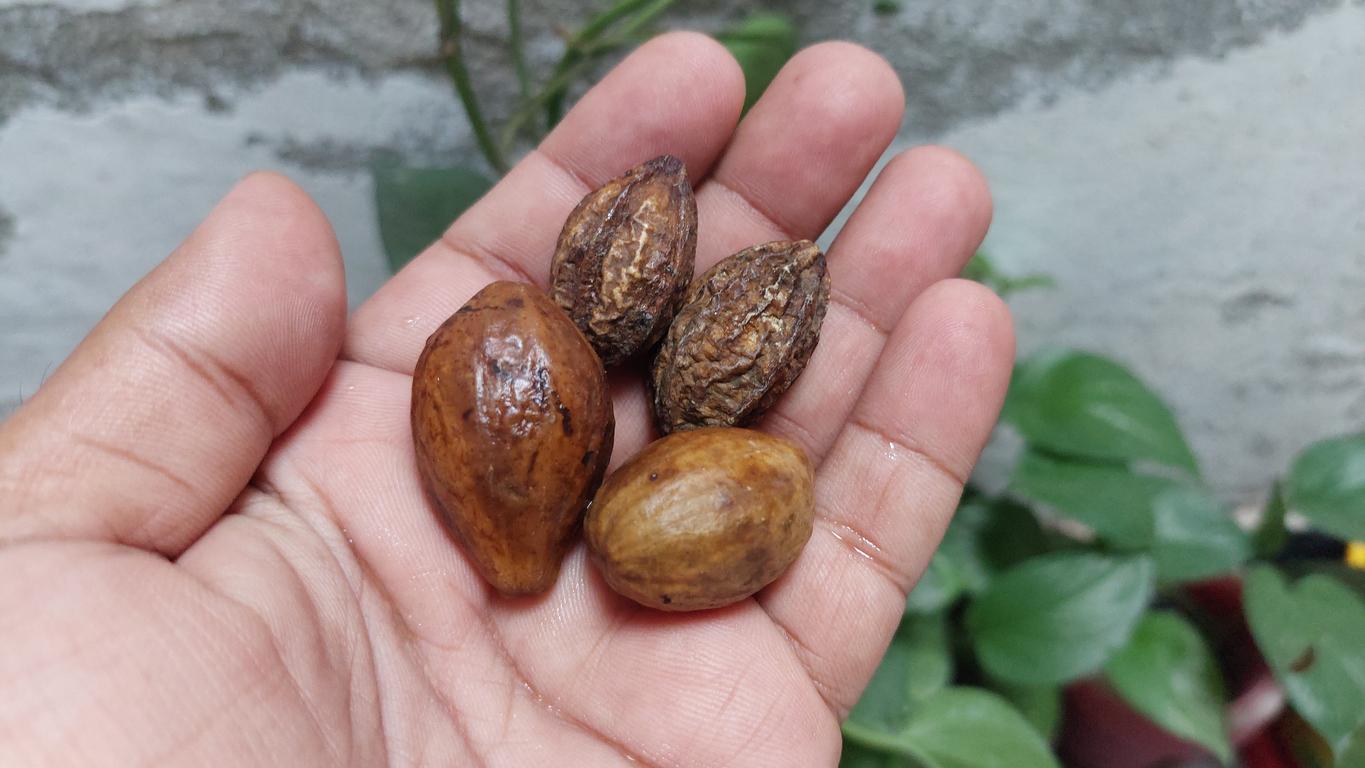The ANSM has suspended the marketing of AAE 300, a product made from annual mugwort sold as effective in the fight against malaria.
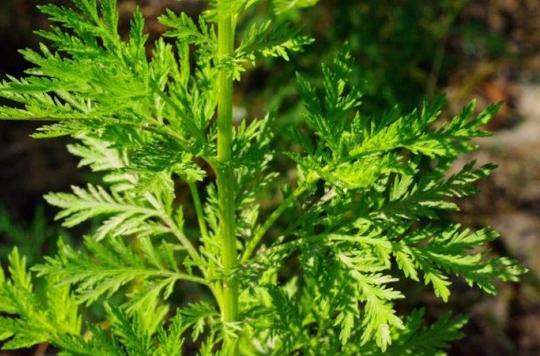
The annual mugwort, again on the dock. This Chinese plant, used for more than 2000 years in traditional oriental medicine, constitutes the basis of effective antimalarial treatments the parasite Plasmodium falciparum. The pharmaceutical industry thus produces drugs by synthesizing artemisinin from this plant.
However, the consumption of mugwort in the prevention and treatment of malaria often gets out of hand and threatens to escape all health control. In areas affected by malaria, powders and herbal teas made fromArtemisia Annua L, of its Latin name, are very in vogue but their effectiveness is not always proven: it depends very much on the methods of culture, harvest and treatment of the plant. As such, it requires rigorous quality control, which is often lacking.
“Not up to standards”
“The global market for products containing artemisinin derivatives has grown rapidly, confirms the World Health Organization on his site. However, not all artemisinins meet the standards required to produce quality drugs ”. Thus, the UN agency recently called on States to be extremely vigilant with regard to the production of antimalarial remedies based on annual mugwort.
A company that marketed such products in France has just paid the price. The National Medicines Safety Agency (ANSM) has in fact decided to suspend the sale of a product called AAE 300 made from annual mugwort, distributed by the Luxembourg company Olilux on French online sales sites.
Two patients in intensive care
“The AAE 300 product was not the subject before its marketing, of a marketing authorization (…) justifying the evaluation of its quality and its favorable benefit / risk ratio”, justifies the ANSM in his decision. However, on the Internet sites which sold it, this product was presented as “antiparasitic and anti-infective” effective “to fight against fevers and malaria”. This corresponds to the definition, usurped in this case, of a drug that only pharmacists have the right to prepare and sell.
This is not just administrative grub. The agency indicates that a pharmacovigilance investigation was carried out and that “several serious cases have been reported with products named Artémisia or based onArlemisia annua L used in chemoprophylaxis [en prévention, ndlr] malaria, including two cases of infection with Plasmodium falciparum in two young patients requiring a transfer to intensive care ”. In addition, the ANSM notified another case of “malaria attack” (very violent malaria crisis) which occurred in November 2016 “following the administration of AAE 300”.
“The analysis of these different cases concluded that the treatment based on‘Artemisia annua L. used in chemoprophylaxis of malaria ”, explains the ANSM. This preventive treatment “constitutes a loss of opportunity for patients” and is likely “to present a danger to human health”. As such, the agency suspends the marketing of the product AAE 300, as well as its distribution, import, export and advertising until the company provides proof of its effectiveness, according to the regulatory terms in force.
Fulfill the needs
The case of the AAE 300 is not trivial. If antimalarial treatments based onArtemisia annua are so successful, despite the lack of quality control, is that they fill an unmet need. Thus, as the WHO notes, “the availability of these treatments is still much lower than the needs. Of the approximately 600 million people in need of artemisinin worldwide, only around 82 million receive this treatment through public sector distribution systems ”.
This gap can encourage populations to provide themselves, thus exposing themselves to real risks. “The rising tide of counterfeit or inadequate-quality antimalarial drugs in parts of Africa and Asia is exacerbating the problem of resistance,” said WHO.

.







